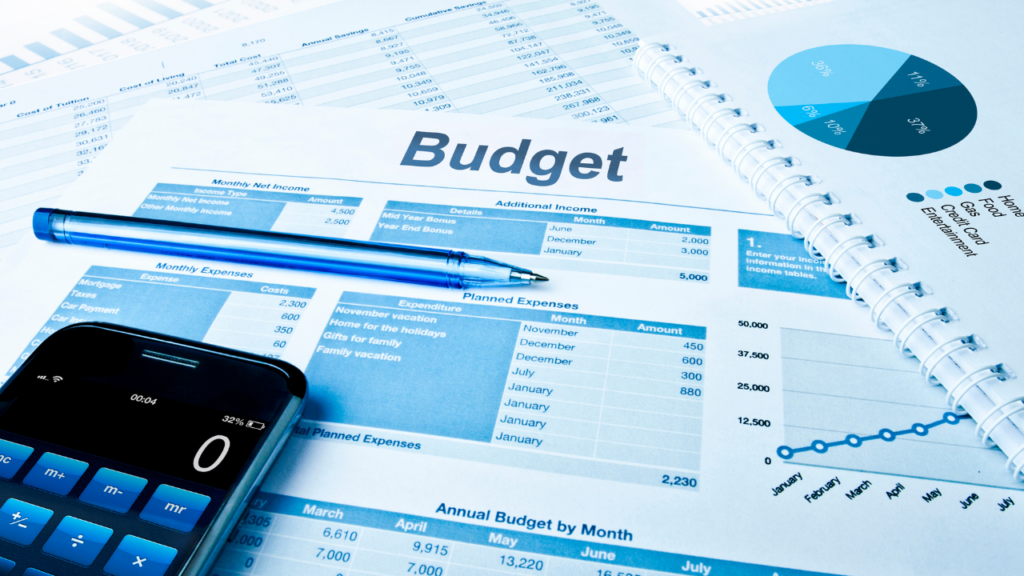
Creating a budget is a critical aspect of managing a small business. A budget helps business owners and managers plan for the future, control costs, and ensure that the company has the resources it needs to meet its goals. In this article, we’ll explore how to create a budget for a small business.
Determine Your Revenue Streams
The first step in creating a budget is to determine your revenue streams. This includes identifying all the sources of income for your business, such as product sales, service fees, and investments. You should also estimate the revenue you expect to generate from each source.
Identify Your Fixed and Variable Expenses
The next step is to identify your fixed and variable expenses. Fixed expenses, such as rent, utilities, and insurance, do not change from month to month. Variable expenses are those that vary depending on the level of activity in your business, such as marketing and advertising expenses, supplies, and inventory.
Estimate Your Sales and Revenue
Once you have identified your revenue streams and expenses, you can estimate your sales and revenue for the upcoming period. This involves projecting the amount of revenue you expect to generate from each revenue stream and any additional sources of income.
Project Your Expenses
Next, you will need to project your expenses for the upcoming period. This involves estimating the amount of money you will spend on fixed and variable expenses, such as rent, utilities, salaries, marketing and advertising, and supplies.
Calculate Your Profit or Loss
After projecting your revenue and expenses, you can calculate your profit or loss. This involves subtracting your total expenses from your total revenue. If your revenue is greater than your expenses, you have a profit. If your expenses are greater than your revenue, you have a loss.
Set Goals and Objectives
Finally, based on your budget projections, you should set goals and objectives for the upcoming period. This can include targets for revenue, expenses, and profitability. Setting goals and objectives can help you stay on track and ensure your business moves in the right direction.
Tips for Creating a Successful Budget
Be realistic: When creating a budget, it’s important to be realistic about your revenue projections and expense estimates. Overestimating revenue or underestimating expenses can lead to accurate budget projections and better financial performance.
Review regularly: It’s important to review your budget regularly to ensure that you are on track and make any necessary adjustments. This can help you identify areas where you may need to cut costs or increase revenue.
Involve your team: Getting input from your team can help you create a more accurate and effective budget. Your team can provide insights into the resources needed to perform their jobs and help you identify areas where you may be overspending.
Use budgeting software: Many budgeting software programs are available to help you create and manage your budget. These programs can streamline the budgeting process and make tracking your expenses and revenue easier.
Creating a budget is an essential aspect of managing a small business. By following these steps and tips, you can create an accurate and effective budget that helps you plan for the future, control costs, and ensure your business has the resources it needs to succeed. Review your budget regularly and make necessary adjustments to stay on track and achieve your goals.
